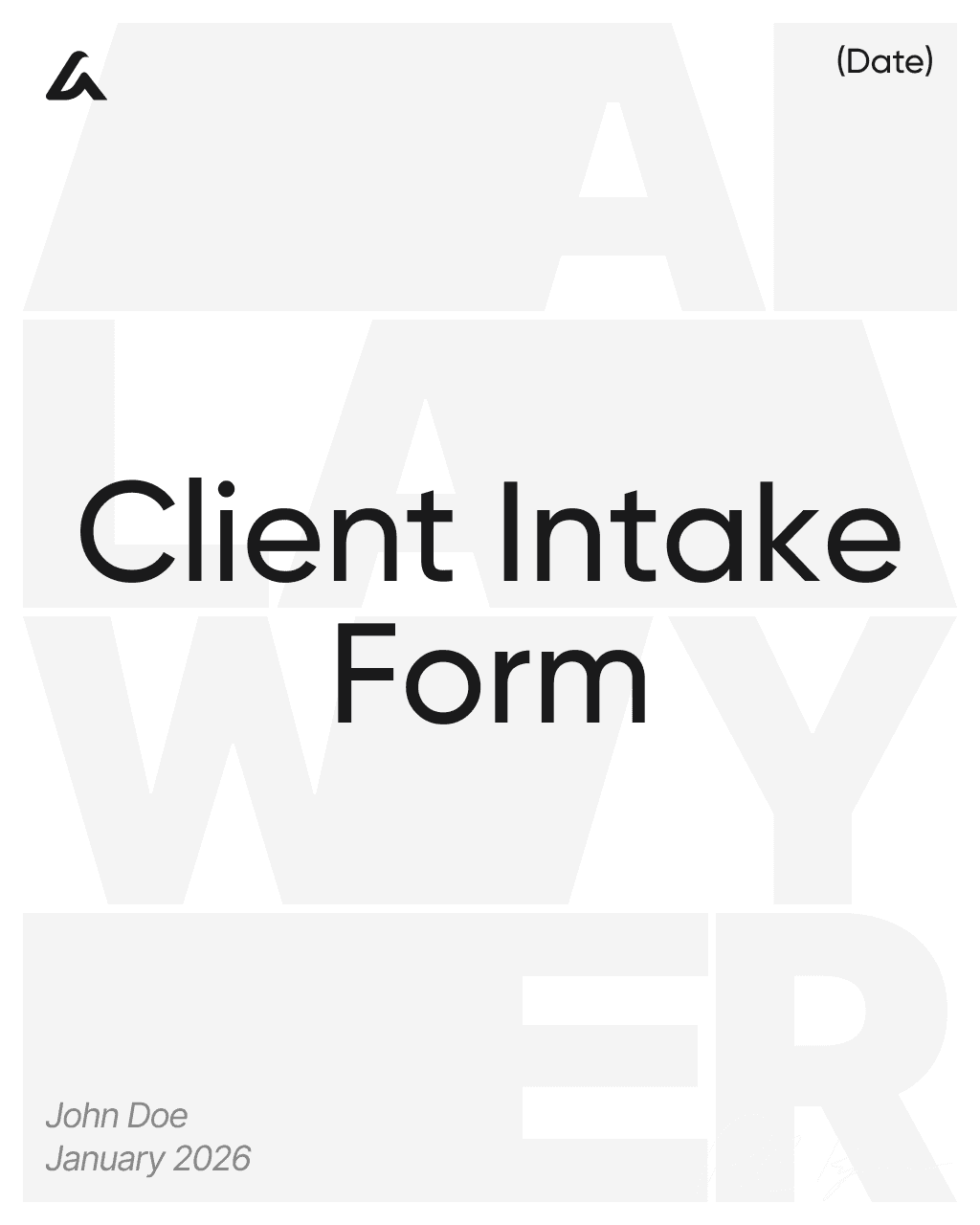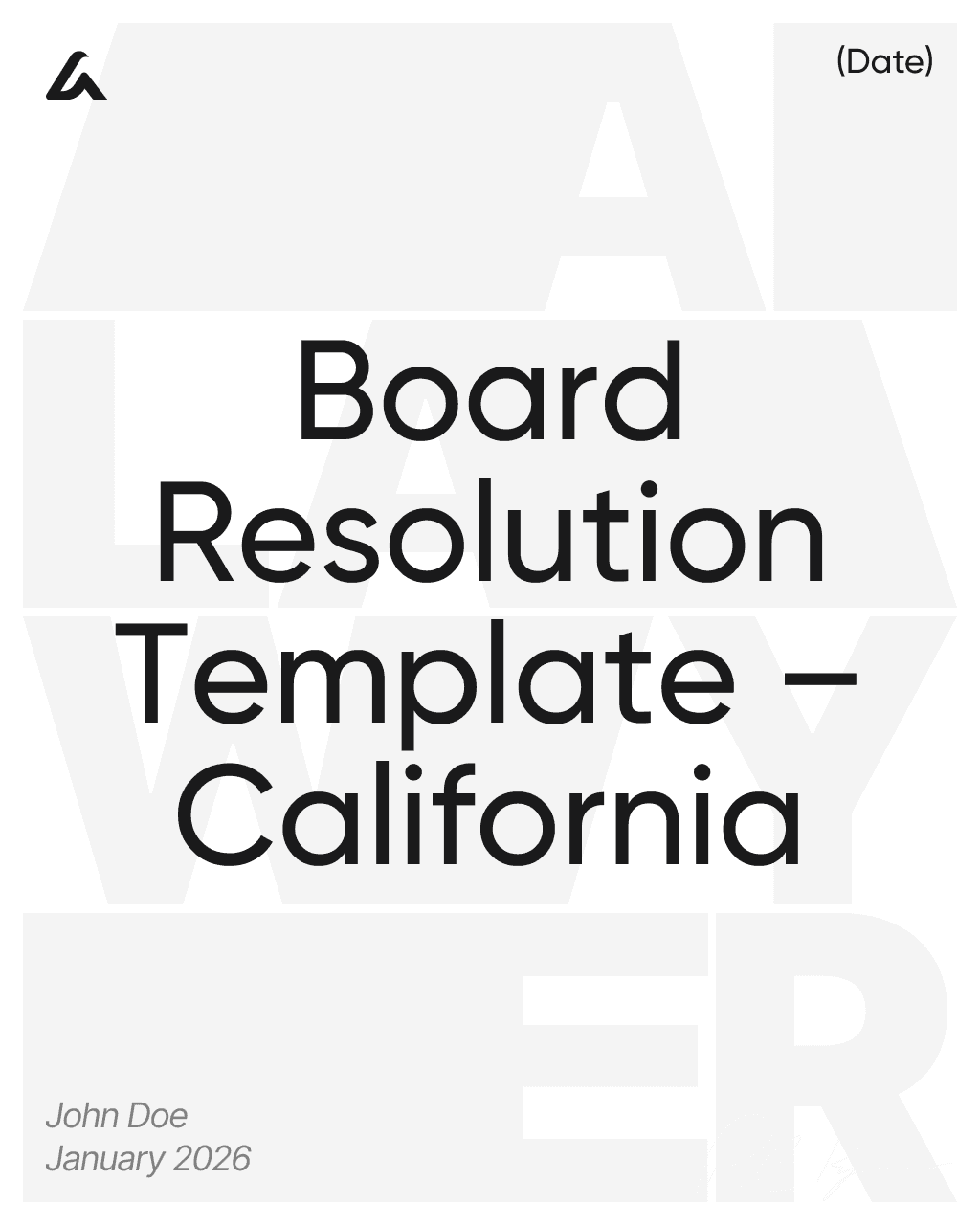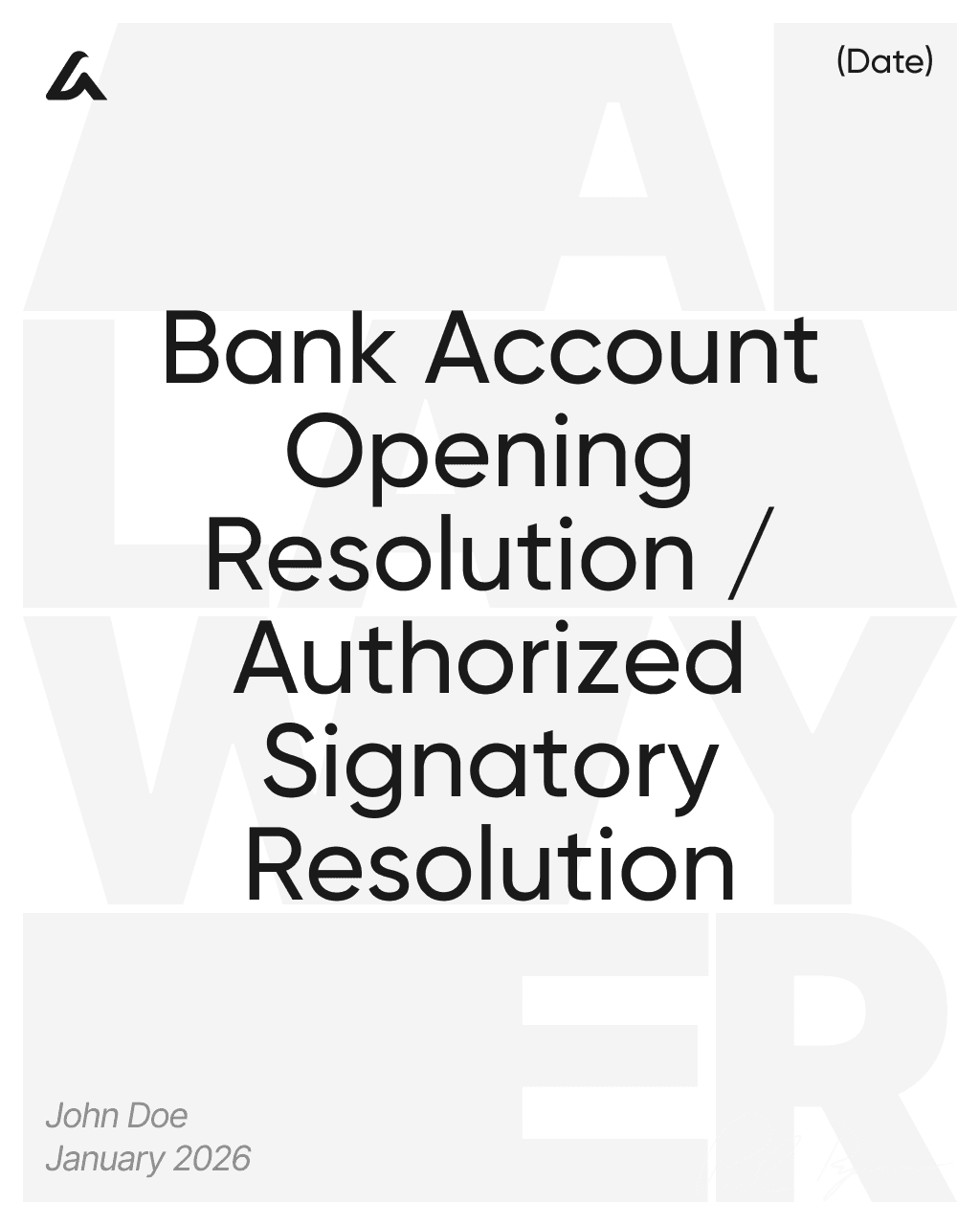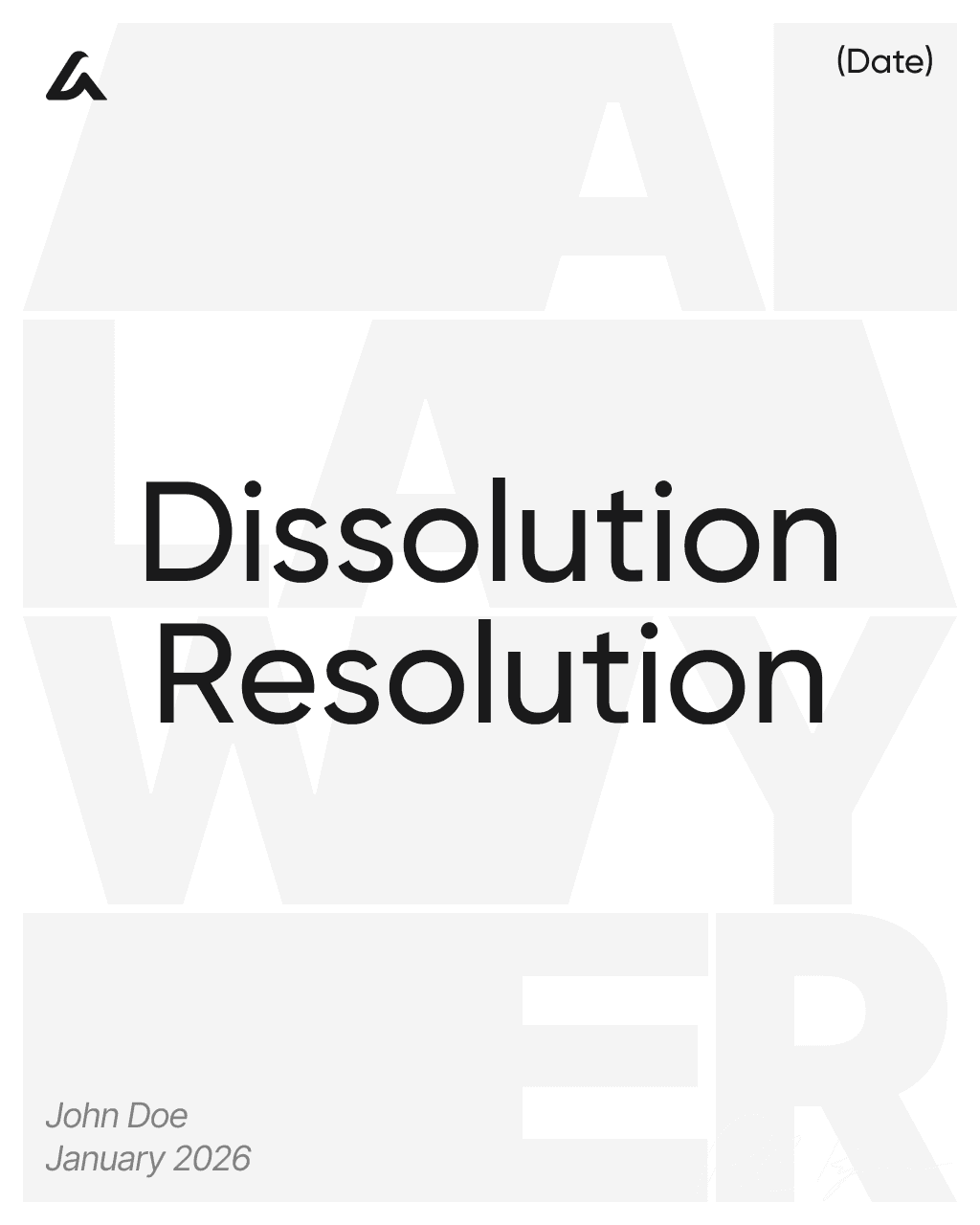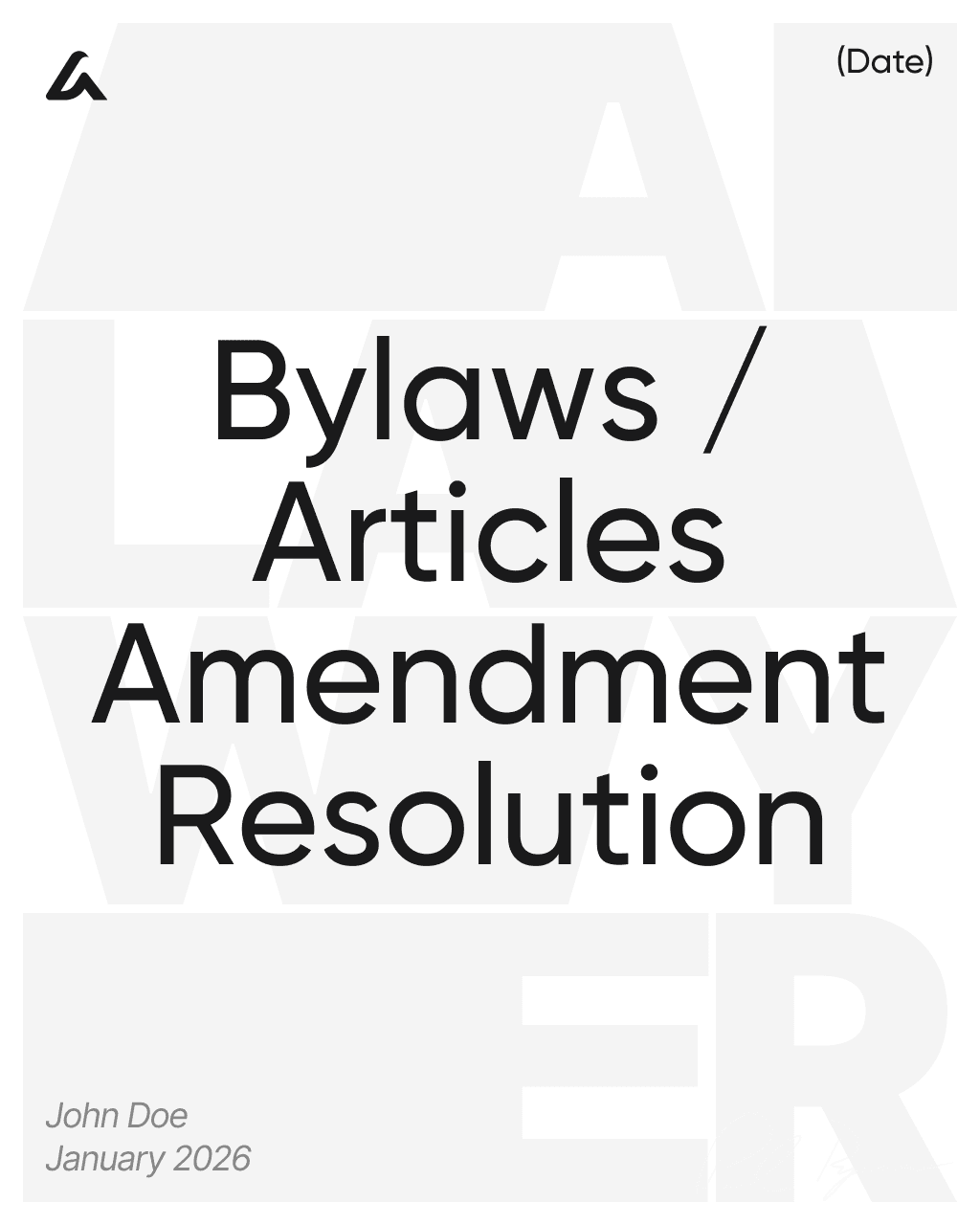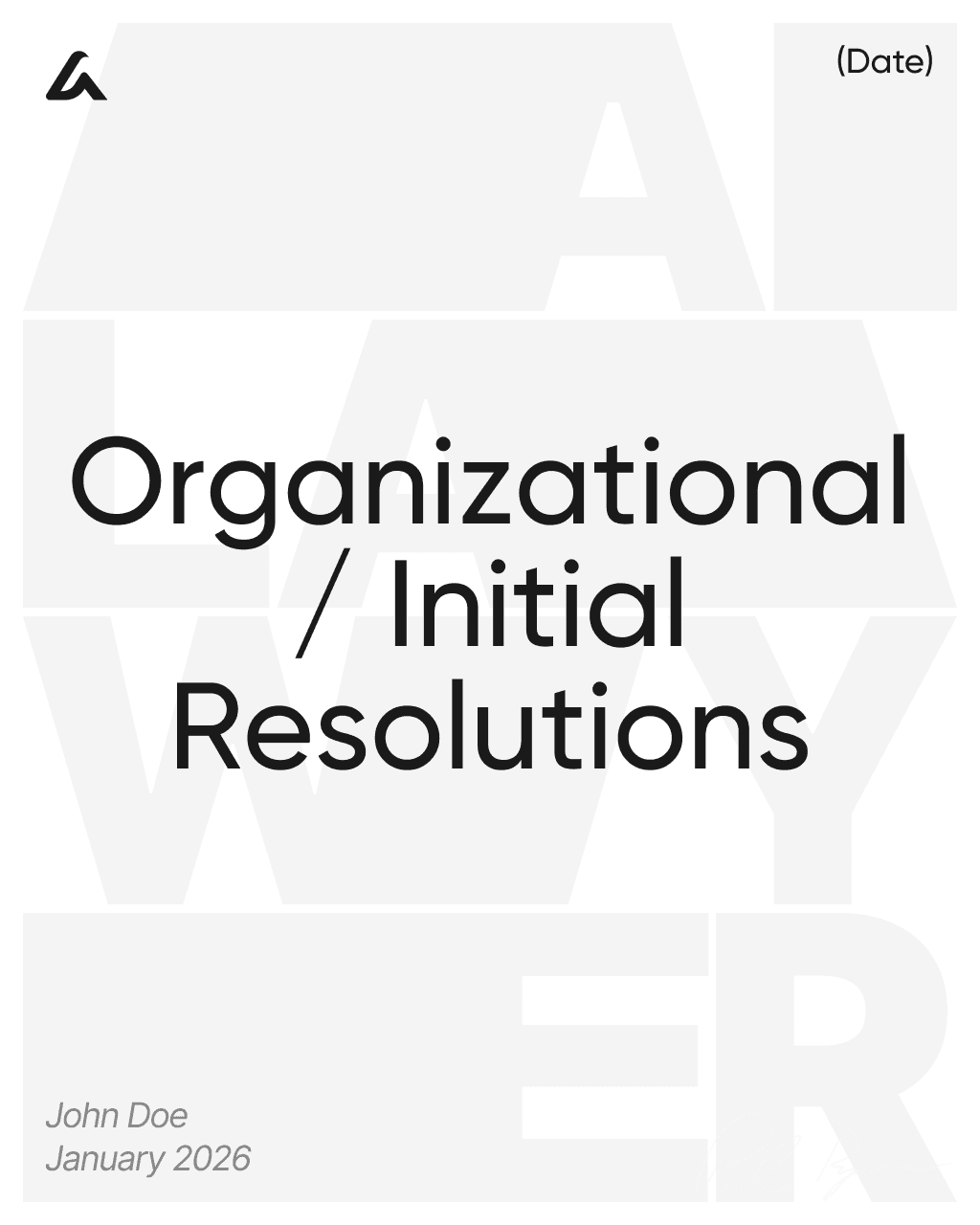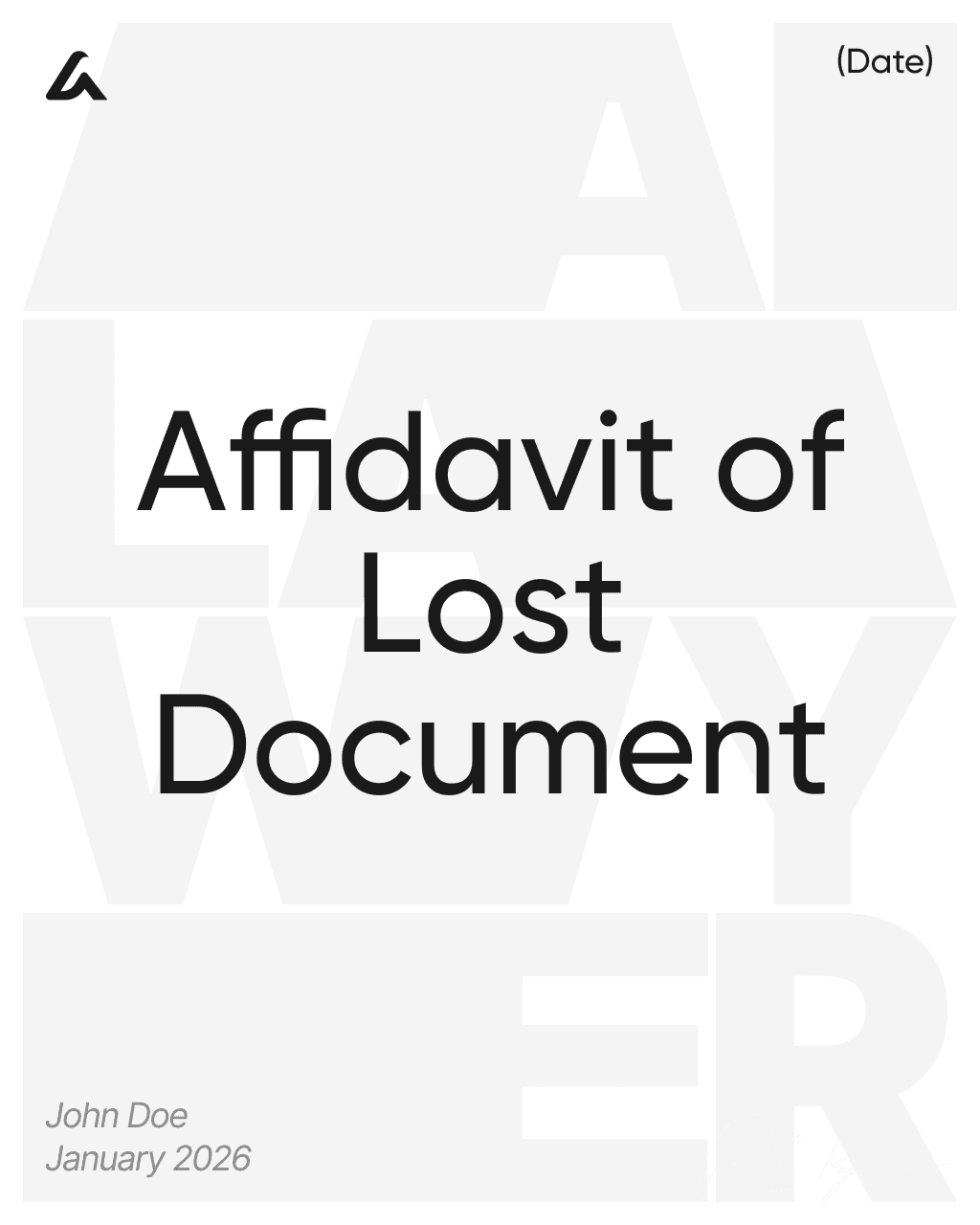Free template
Sworn Statement Template: Notarized Facts & Signature Texas
Declare facts under oath clearly and professionally with this Sworn Statement Template.
Downloaded 2606 times
Download template
Sworn Statement
I, [Full Legal Name], of [Address], being duly sworn, do hereby declare and state under oath the following:
1. Identity of Declarant
Full Name: [Full Legal Name]
DOB: [MM/DD/YYYY]
Address: [Full Address]
Govt ID (if applicable): [ID / DL No.]
2. Statement Purpose
This statement is provided for [describe matter], with the intent to present clear, practical facts.
3. Factual Narrative
I set out specific facts with dates, locations, and participants as known to me: [numbered list].
4. Witnesses (if any)
Known witnesses and contact details (if available): [Name, role, phone/email].
5. Documents and Items
Supporting items include [invoices, photos, emails, logs]; I have preserved copies and can make them available on request.
6. Accuracy and Corrections
If new information arises, I will supplement or correct this statement to the extent necessary.
7. Penalty of Perjury
I swear that the foregoing is true and correct to the best of my knowledge and belief.
8. Execution Details
Executed this [Day] of [Month, Year], at [City, State/Country].
Declarant Signature: _______________________________
Printed Name: ___________________________________
Notary / Authorized Officer Acknowledgment
On this [Day] of [Month, Year], before me, [Name of Notary/Officer], personally appeared [Declarant’s Full Name], known to me (or satisfactorily proven) to be the individual who executed the foregoing Sworn Statement, and acknowledged it to be true and correct.
Notary / Officer Signature: __________________________
Printed Name: ____________________________________
Commission No.: _________________________________
My Commission Expires: ___________________________
Flash deal
Flash deal
Today
Today
No time to fill it up? Generate your custom agreement with AI Lawyer in seconds
What’s Included
Legal Research
Legal Research
Legal Research
Contract Drafting
Contract Drafting
Contract Drafting
Document Review
Document Review
Document Review
Risk Analytics
Risk Analytics
Risk Analytics
Citation Verification
Citation Verification
Citation Verification
Easy-to-understand jargon
Easy-to-understand jargon
Easy-to-understand jargon
Details
Learn more about
Sworn Statement Template: Notarized Facts & Signature Texas
Click below for detailed info on the template.
For quick answers, scroll below to see the FAQ.
Click below for detailed info on the template.
For quick answers, scroll below to see the FAQ.
Texas Sworn Statement FAQ
What is a Sworn Statement?
A Sworn Statement is a written document in which a person formally declares that the information they are providing is true. It is commonly used in legal or official matters where factual accuracy is important — such as insurance claims, disputes, investigations, or court-related filings. The individual signs the statement and confirms that it is made under penalty of perjury, meaning they can face legal consequences if any part of it is knowingly false.
When to use a Sworn Statement?
A Sworn Statement is used when written, truthful testimony is needed without the person having to appear in court. It is commonly requested in situations such as insurance claims, workplace incidents, background checks, financial disclosures, property disputes, and law enforcement investigations. The statement serves as legally reliable evidence because the signer confirms the information under penalty of perjury, making it a suitable option when timely and documented facts are required.
What should be included in a Sworn Statement?
A Sworn Statement must clearly present truthful information and identify who is making the declaration. To ensure it is valid and useful, it should include:
The declarant’s full legal name and contact information:this confirms the identity of the person making the statement and provides a way to reach them if clarification is needed.
A clear and detailed statement of facts: the content should explain what happened, when, where, and who was involved. Facts must be specific, accurate, and based on personal knowledge rather than opinions.
Relevant dates, locations, and supporting context: including precise details strengthens credibility and helps avoid misunderstandings or disputes later.
A penalty-of-perjury declaration: this clause acknowledges that the declarant understands they can face legal consequences if the statement is false or misleading.
The declarant’s signature and the date of signing: signing confirms the statement is complete and truthful at the time of execution.
When does a Sworn Statement hold legal effect in Texas?
In Texas, a Sworn Statement is legally effective once the individual signs it and confirms its accuracy under penalty of perjury. Notarization is usually not needed, unless a specific authority requires an affidavit. A properly executed Sworn Statement can serve as documentation in legal, business, or governmental processes.
Is a Sworn Statement confidential?
A Sworn Statement is not automatically confidential. Its level of confidentiality depends on where and how it is used. If a Sworn Statement is submitted to a court, government agency, or as part of a legal case, it often becomes part of the public record, meaning others may access it. However, if it is used privately between parties, such as for employment, insurance, or internal business matters, it can remain confidential unless disclosed by law or required for legal proceedings. Sensitive information may sometimes be redacted or protected if privacy rules apply.
Similar templates
Other templates from
Business Document
Money back guarantee
Free trial
Cancel anytime
AI Lawyer protects
your rights and wallet
Money back guarantee
Free trial
Cancel anytime
AI Lawyer protects
your rights and wallet
Money back guarantee
Free trial
Cancel anytime
AI Lawyer protects
your rights and wallet
Money back guarantee
Free trial
Cancel anytime














































